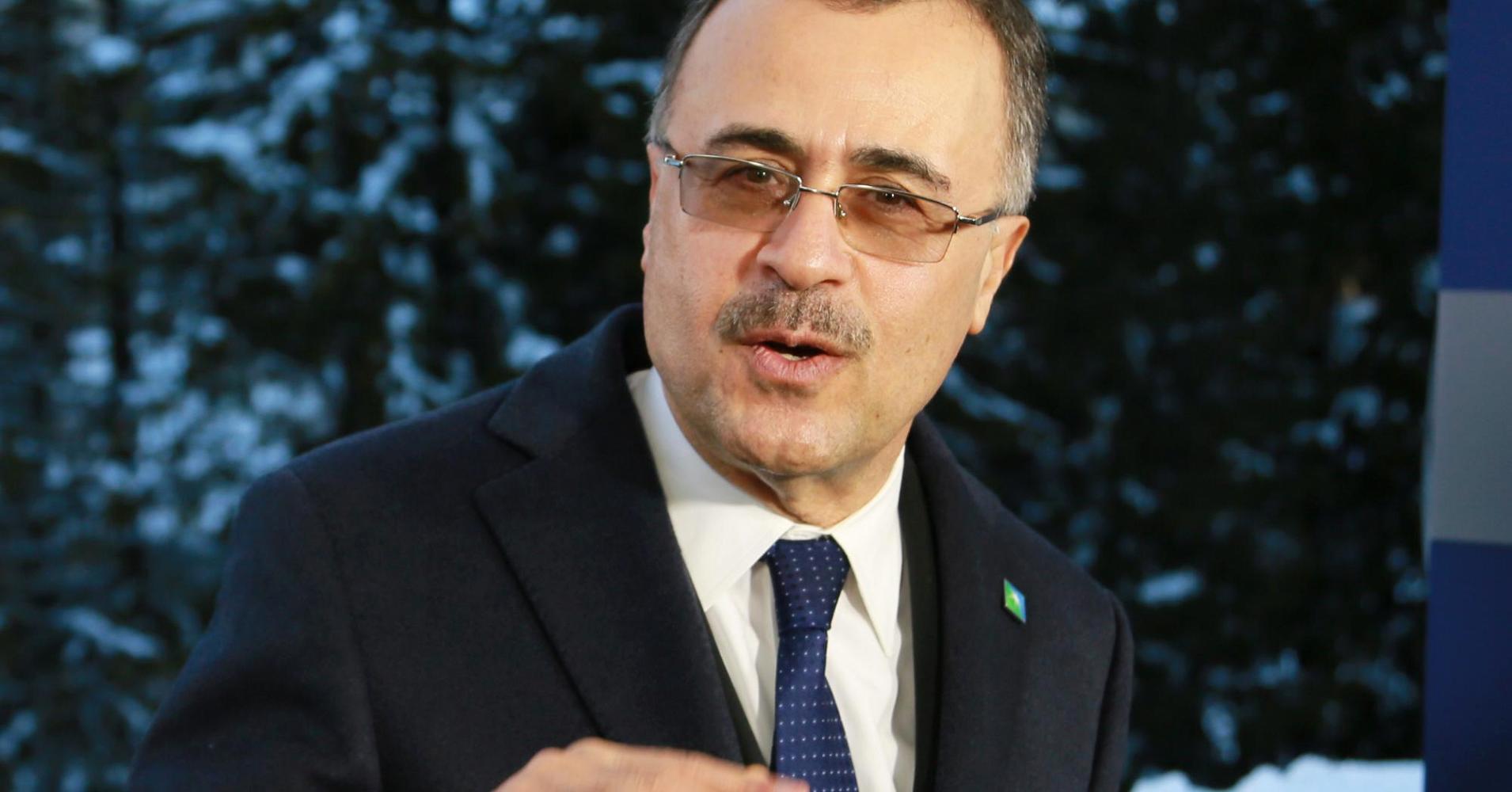This material belongs to: U.S.News.
DUBAI (Reuters) – Cash settlements obtained from people detained in Saudi Arabia’s crackdown on corruption will help to finance a 50 billion riyal ($13.3 billion) package to help citizens cope with the rising cost of living, Finance Minister Mohammed al-Jadaan said on Wednesday.
The package was announced by King Salman early this month, said Jadaan, speaking to Al Arabiya television at the World Economic forum in Davos. He said the package would also be financed by money from the state budget.
Saudi arrests that swept up princes boosted investor trust, says CEO of world’s biggest oil company
This material belongs to: CNBC.
- A wave of arrests that swept up Saudi royals, businessmen and officials boosts trust in the kingdom’s investment environment, says Saudi Aramco CEO Amin Nasser.
- The oil executive says the anti-corruption drive “did not spare anybody” and show “corruption will not be tolerated.”
- Some Middle East watchers say the detentions create a climate of fear that could hurt investor confidence.

Saudi Arabia‘s anti-corruption campaign, which swept up prominent royals and businessmen, has bolstered investor confidence in the kingdom, says Amin Nasser, president and CEO of the nation’s state oil giant, Saudi Aramco.
A wave of arrests orchestrated by the powerful Crown Prince Mohammed bin Salman in November rattled the market and sparked debate over whether the detentions amounted to a naked political purge or a long overdue crackdown on graft. Some investors were further unsettled by reports that Saudi elites were asked to hand over their assets in exchange for their freedom.
The detentions came just days after Saudi Arabia hosted an international investment conference dubbed “Davos in the Desert.” During the conference, Nasser was busy fielding questions about Aramco’s initial public offering, widely expected to be the largest IPO ever.
On Tuesday, he addressed the arrests in an interview with CNBC’s Andrew Ross Sorkin on the sidelines of the World Economic Forum in Davos, Switzerland.
“I think it should be viewed as positive,” he said. “Anything that is tackling corruption should be creating a more healthy environment for the investment community. It should if anything raise the amount of trust in the Saudi market and investment in Saudi Arabia.”
That is a view held by at least some Middle East watchers, who say corruption in the royal family has been an open secret for too long. This school of thought holds that Saudis will support the crackdown so long as they see it as a legitimate drive to end a culture of graft.
But others say the arrests create a culture of fear, raising concerns among foreign investors that Saudi business partners could be locked up with little notice.
Nasser says he has not seen signs that investors are worried about how their capital will be treated in Saudi Arabia following the arrests.
“There is a lot of appetite for more investment, and we don’t have any issues so far,” he said. “Actually, the environment is good for more investment to come to Saudi Arabia, regulations are improved quite a bit, and that will always work for bringing more investment to the kingdom.”
The royals swept up in the campaign included Prince Alwaleed bin Talal, a prominent Saudi businessman and investor with big stakes in companies like Citigroup, Twitter and Time Warner. Alwaleed has yet to be released.
Nasser declined to comment on Alwaleed specifically, but said Saudis generally support the anti-corruption campaign because it “went from top to bottom” and “did not spare anybody.”
The arrests boost trust in the Saudi investment climate because it demonstrates that “corruption will not be tolerated,” he added.



